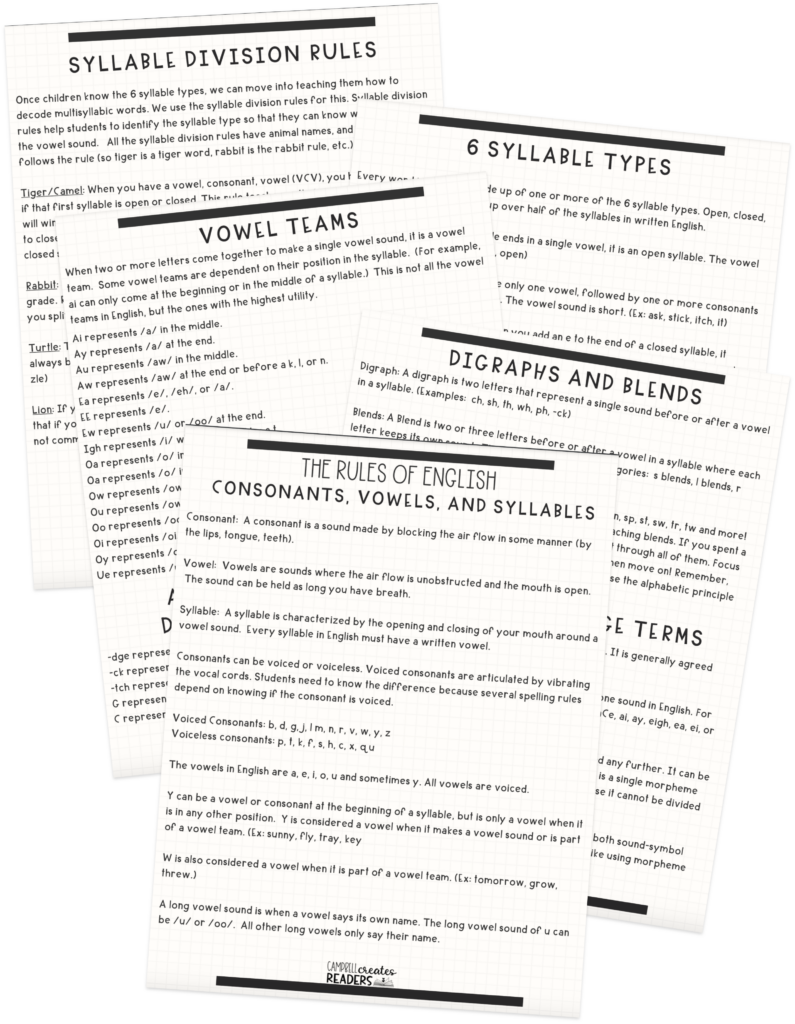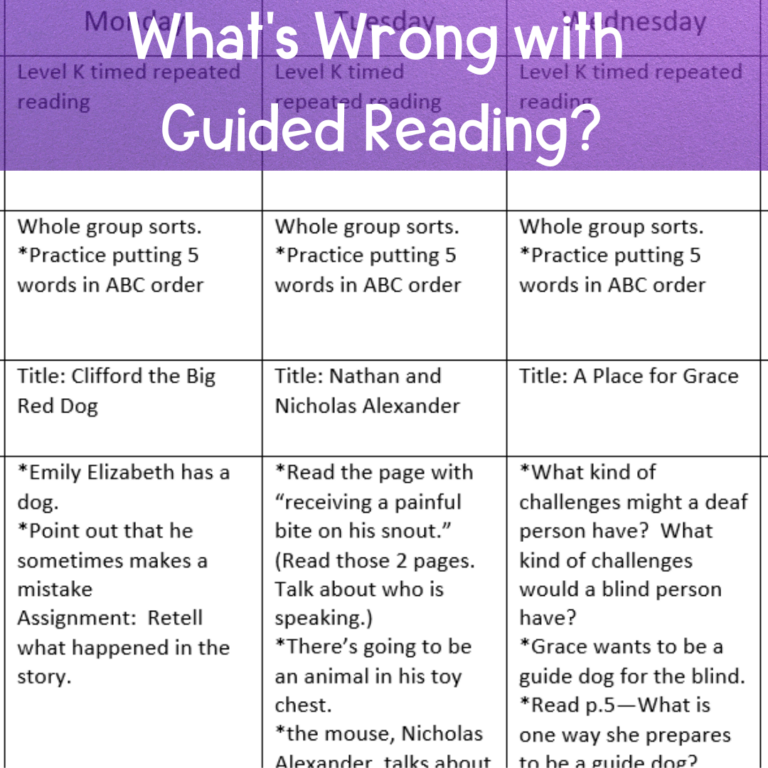
Share This:
We recently had our first Title 1 event since COVID. I can’t even begin to tell you the joy it brought me to have parents back in the building. It was kind of like the first time I had small group at a kidney table—an overwhelming sense of joy and relief. It was something I had taken for granted until I could no longer do it. Today, I want to share what we did for our Title 1 event and some considerations for literacy events moving forward.
When we are teaching, we always think about our end goals. When you are planning an event, it is helpful to have that same mindset as well. If your end goal is to educate parents on how they can help at home, then you might want to offer an event where children are being watched in one room while parents are in another so you can teach them.
My main goal with this breakfast was to invite parents in, create a sense of community, and offer very simple tips that can be done at home. Because of this, we had parents and students together in the same room.
No matter what, think about your end goal with the event. It doesn’t have to be Pinterest-worthy or expensive: it just needs to accomplish the goals you have in mind.
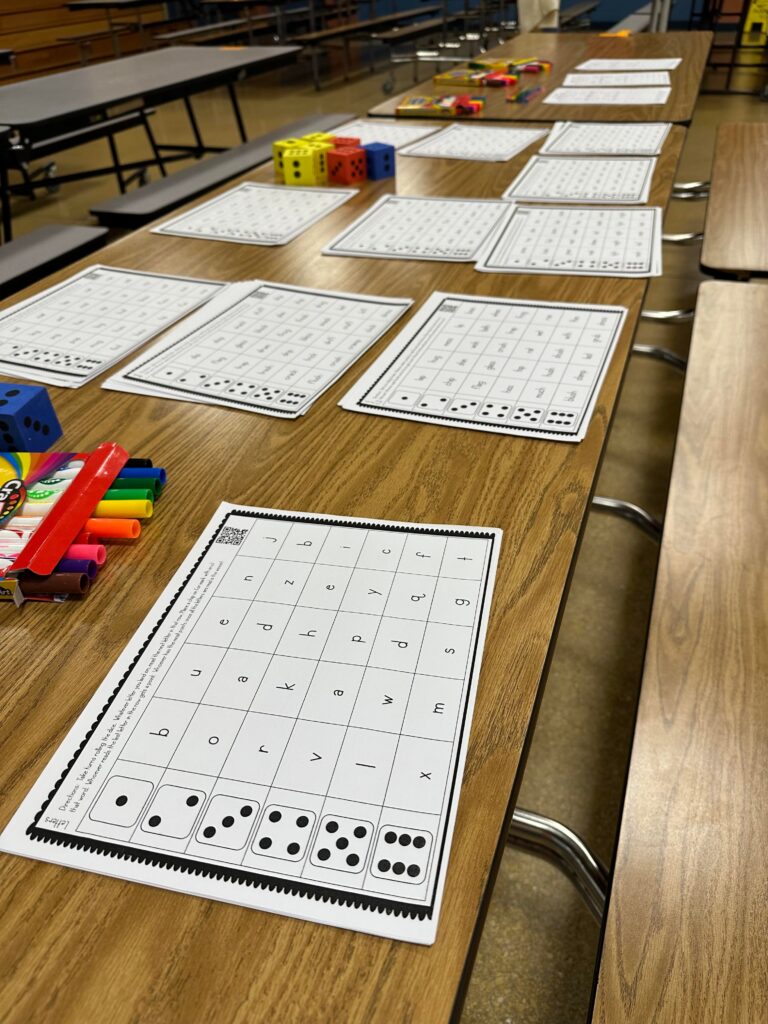
We decided to host a breakfast event. Both of the reading specialists at my school have families and we wanted to preserve our time with our own families while also serving our students’ families. We coordinated this event with our librarian to happen during the Scholastic Book Fair.
This all worked really, really well. It felt great to feed our families, play games, and give them a gift for showing up.
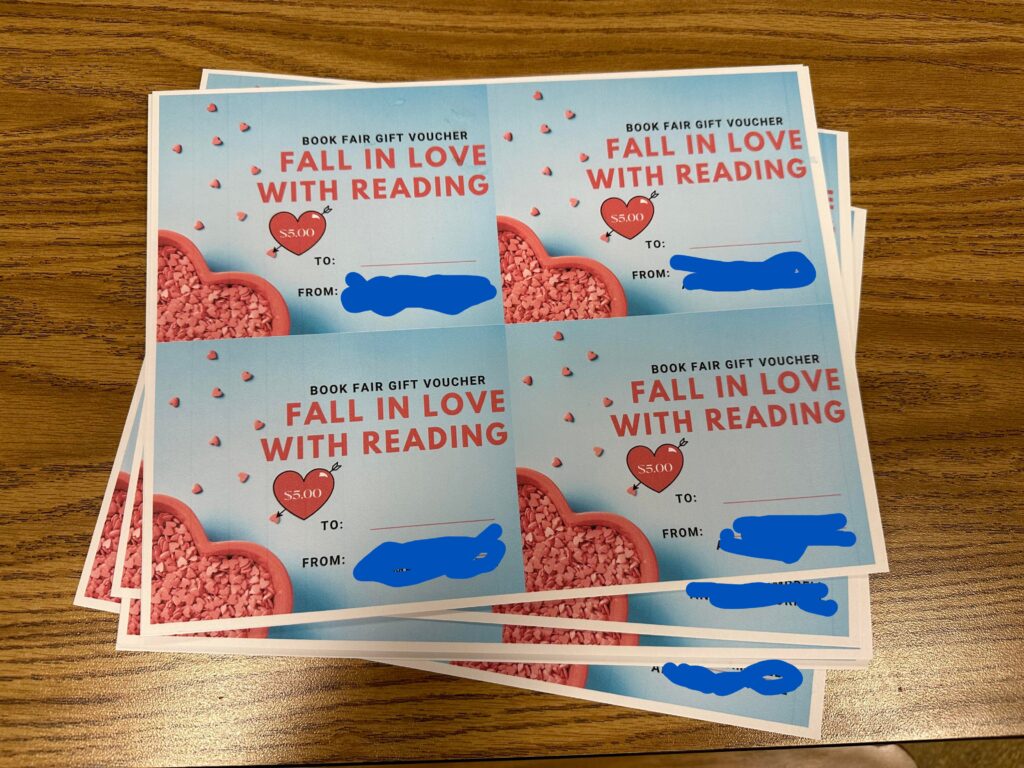
When you are planning an event for families, there are a few considerations.
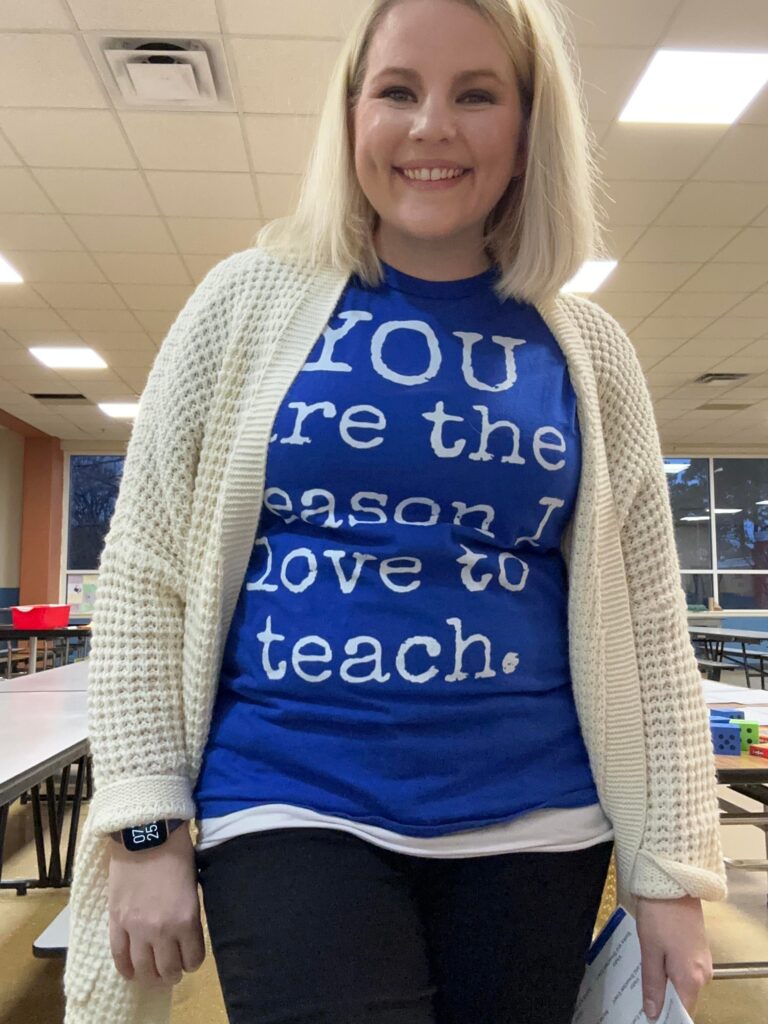
Nothing I’m writing is groundbreaking or particularly original, and I’m okay with that. It is not a competition to have the flashiest, cutest, most original family night. It is about getting families into our buildings and reaching them in whatever way we can. For us, a breakfast event with a few giveaways was plenty. What about you? What have you done for family events?
Share This:

Savannah Campbell is a K-5 reading specialist. She has taught her entire 12-year teaching career at the school she went to as a child. She holds two master’s degrees in education from the College of William and Mary. Savannah is both Orton-Gillingham and LETRS trained. Her greatest hope in life is to allow all children to live the life they want by helping them to become literate individuals.

Savannah Campbell is a K-5 reading specialist. She has taught her entire 12-year teaching career at the school she went to as a child. She holds two master’s degrees in education from the College of William and Mary. Savannah is both Orton-Gillingham and LETRS trained. Her greatest hope in life is to allow all children to live the life they want by helping them to become literate individuals.
Feeling overwhelmed with all the terminology out there? Want to know the key terms all teachers need to teach phonics? In this FREE Rules of English cheat sheet, you get a 5 page pdf that takes you through the most important terms for understanding English—you’ll learn about digraphs, blends, syllable types, syllable divisions, and move. Grab today and take the stress out of your phonics prep!
